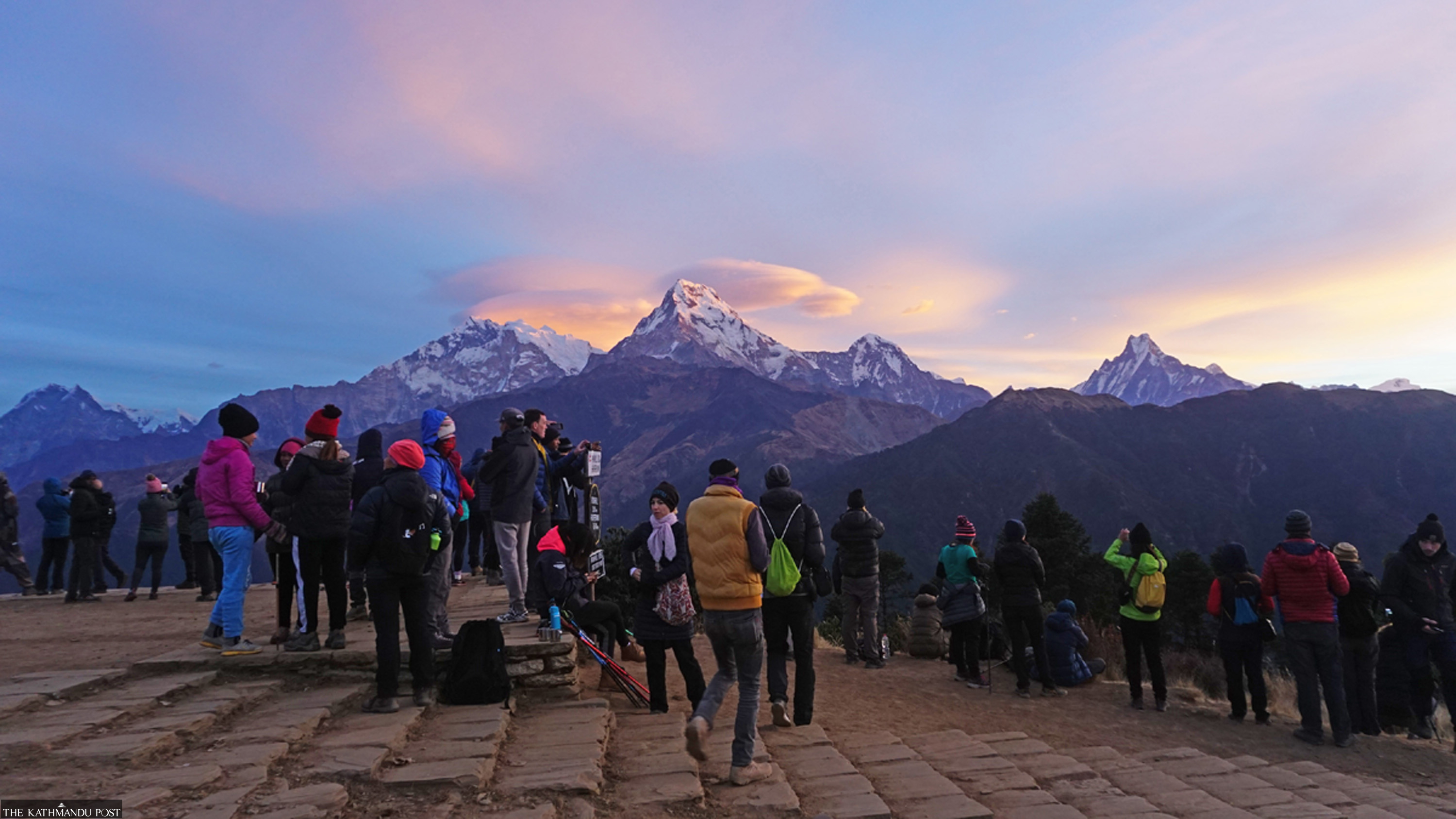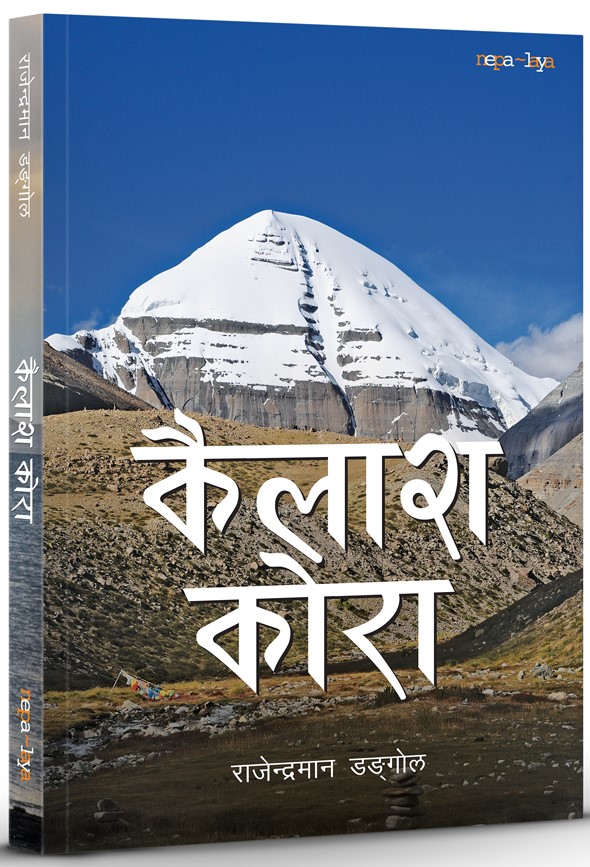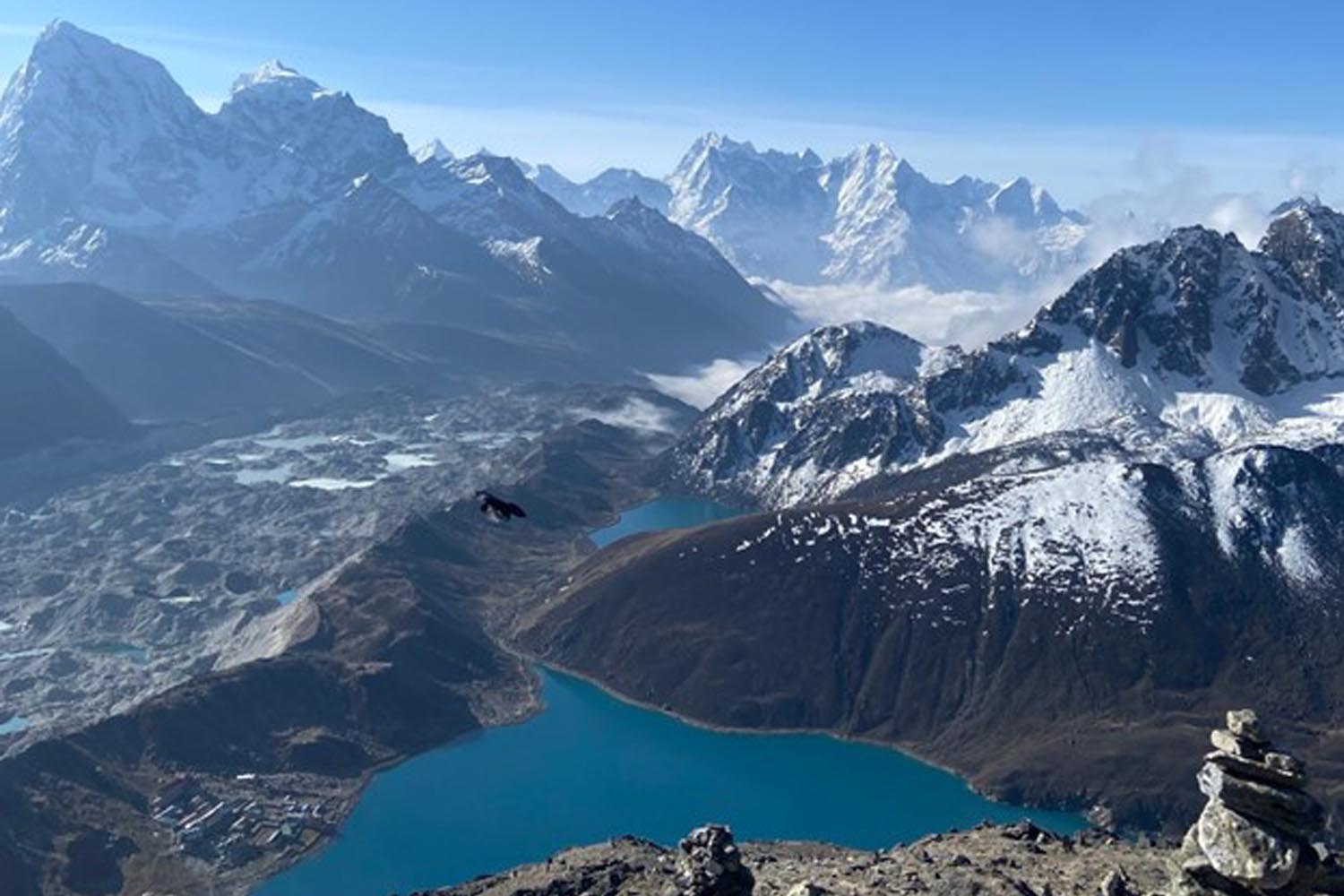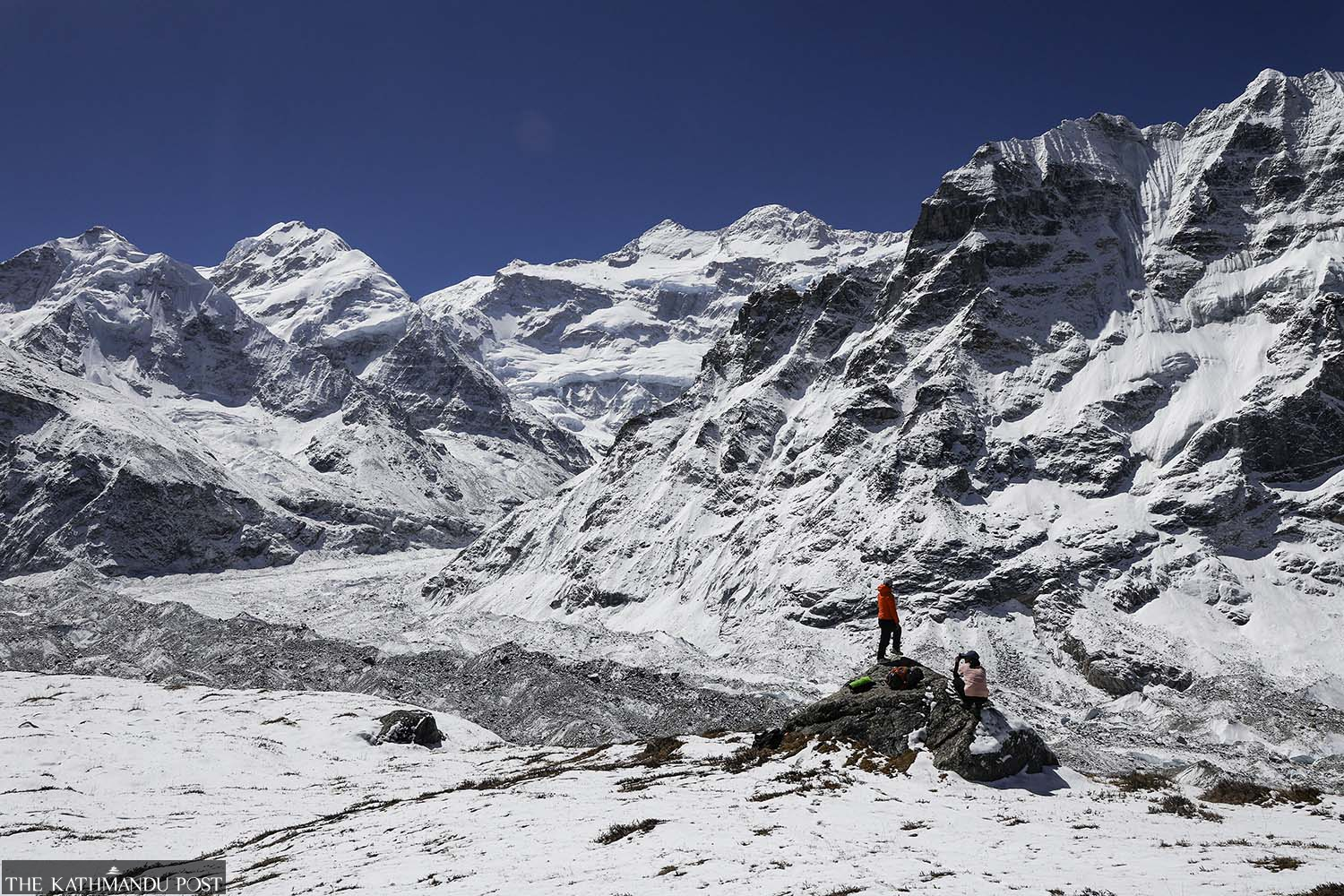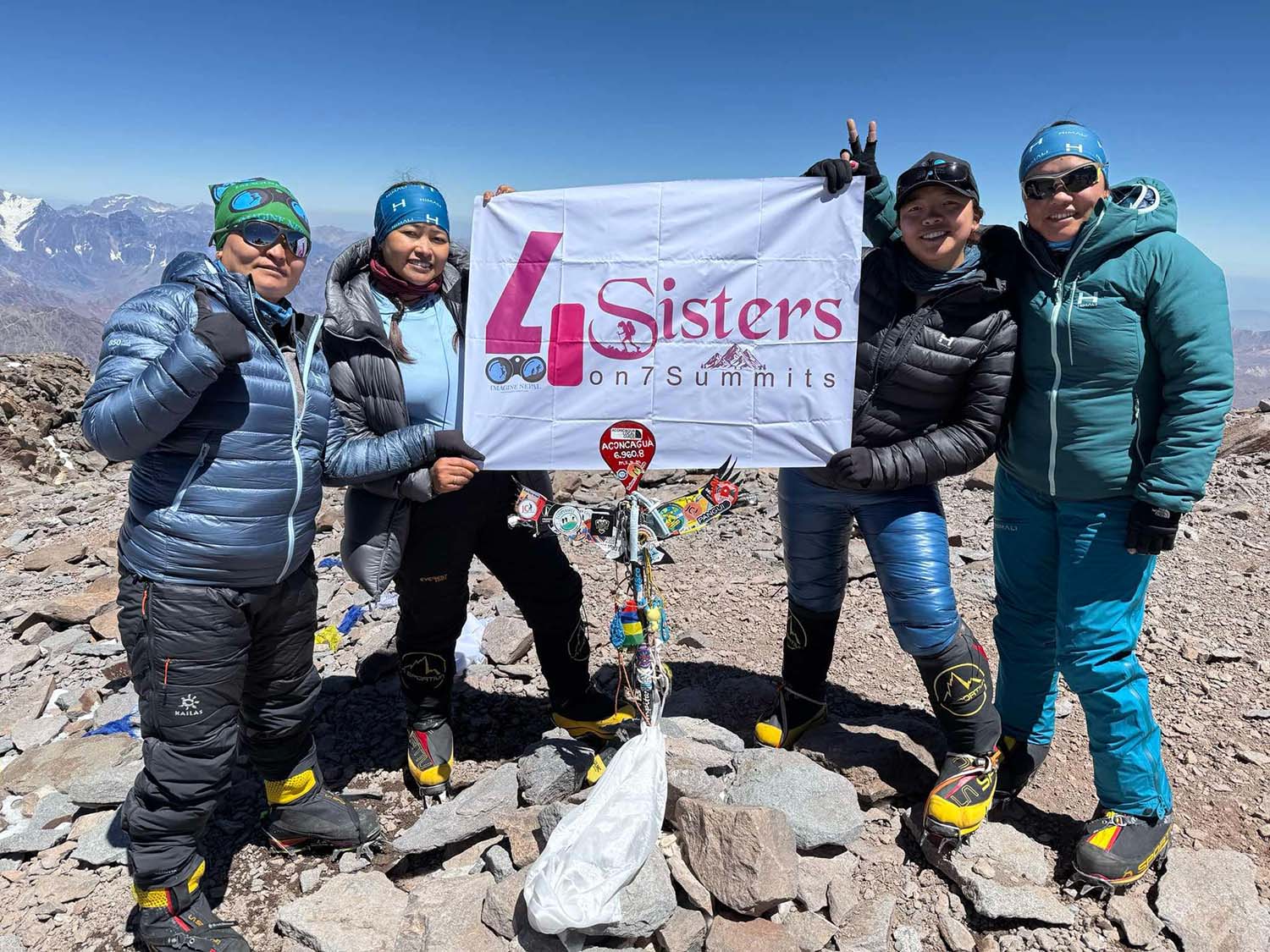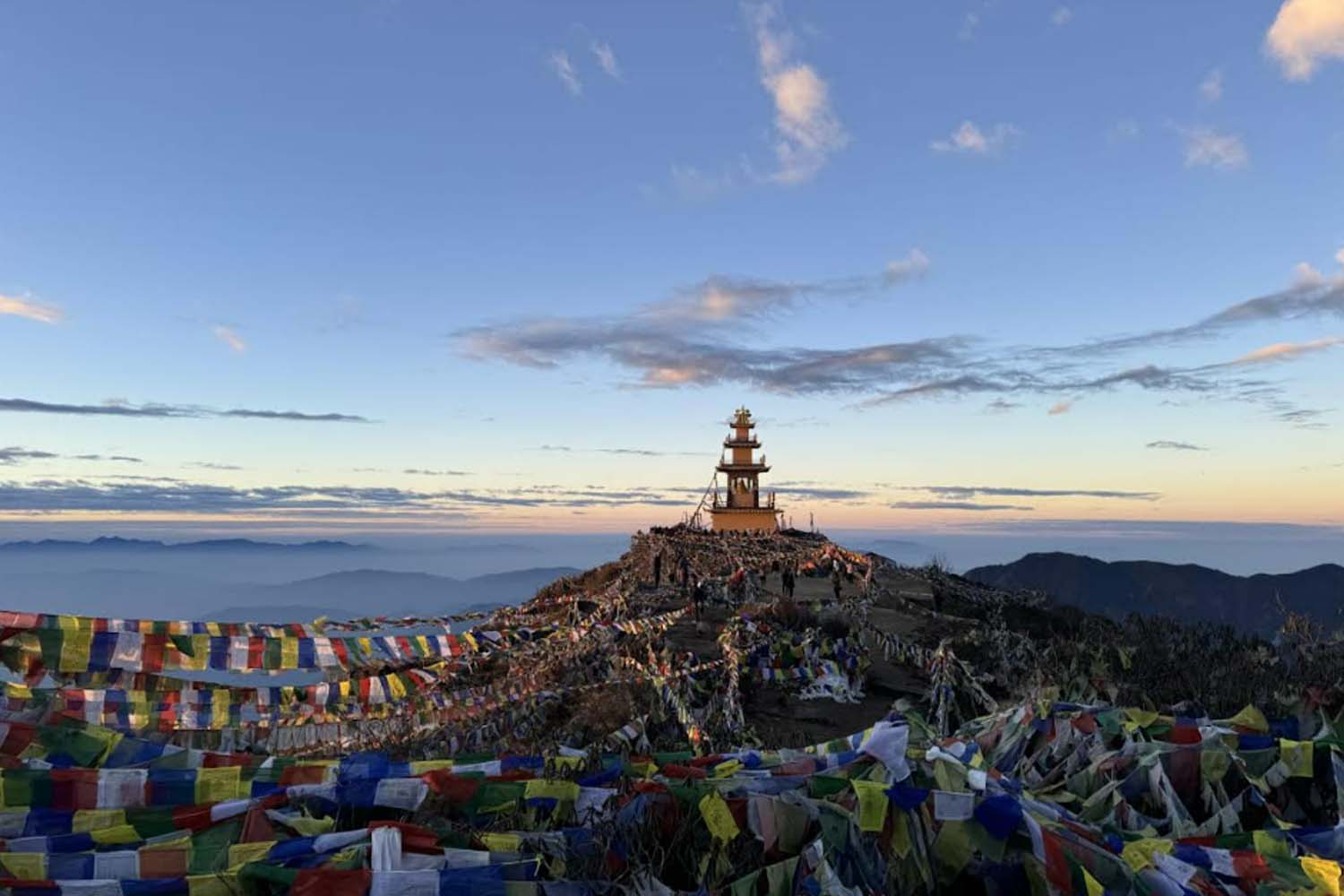Travel
Archale: A picturesque village for ‘literary pilgrimage’, by the city of lakes
Archale, the birthplace of Kavishiromani Lekhnath Poudyal, expects to attract literature lovers, writers and students—and tourists seeking to spend some time in the calm of nature.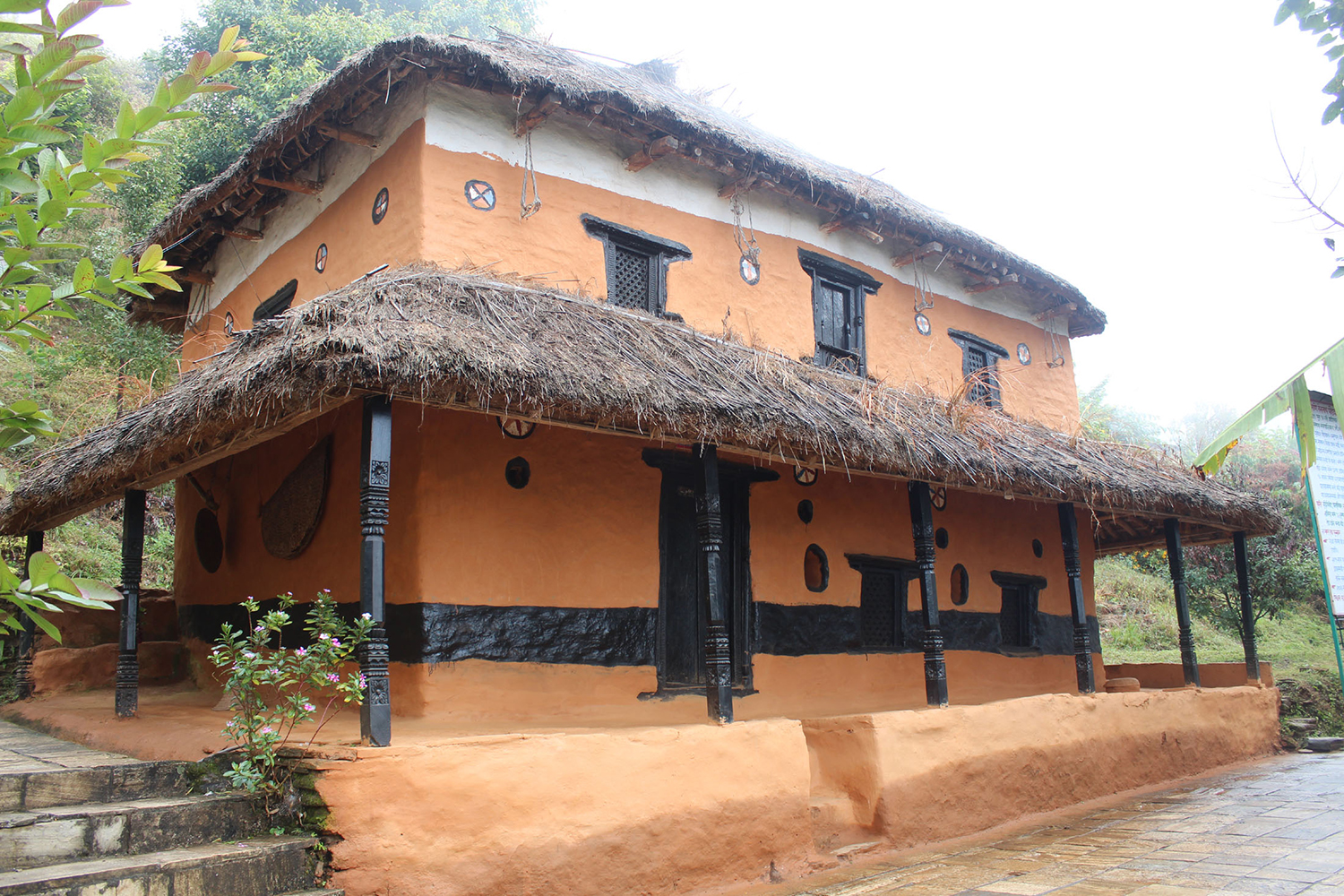
Lal Prasad Sharma
The metamorphosis of Archale--from a derelict village to a prime site of ‘literary pilgrimage’--is nearly complete. Archale is where Lekhnath Poudyal, revered as the father of modern Nepali poetry, was born in mid1880s. Over his lifetime, the poet laureate, or Kavishiromani, published about a dozen anthologies, all of which are widely regarded across Nepal for their easy lyrical quality but with profound philosophical underpinnings. And these verses are what welcome one to the quaint village of Archale, which remains unsullied by modernity even though it’s just about seven kilometres off from Pokhara.
At the very first contact, Archale gives an unmistakably pastoral, even ancient, vibe. A crisply cobbled pavement cuts through a well-tended garden and leads one to an old thatched-roof house, where Poudyal was born in mid-1880s. The pavement is lined up with brick pillars that contain antiquated stone plaques with resonant verses. And up on the porch lie Syakhu, Dhiki and Janto--tools the farmers use to grind corn. By the edge of the courtyard is a tiny structure containing the holy Tulasi (basil) tree.
Just below the renovated thatched-roof house is a new stone-and-wood house with a zinc roof, developed as a museum to commemorate the poet. This entire area is fenced with wire to protect the gardens and other monuments that harken back to the poet’s life and times. The gardens are adorned with the poet’s verses carved onto pillars and a nearby pond and chautari mimic the pastoral motifs of the poet’s verses.
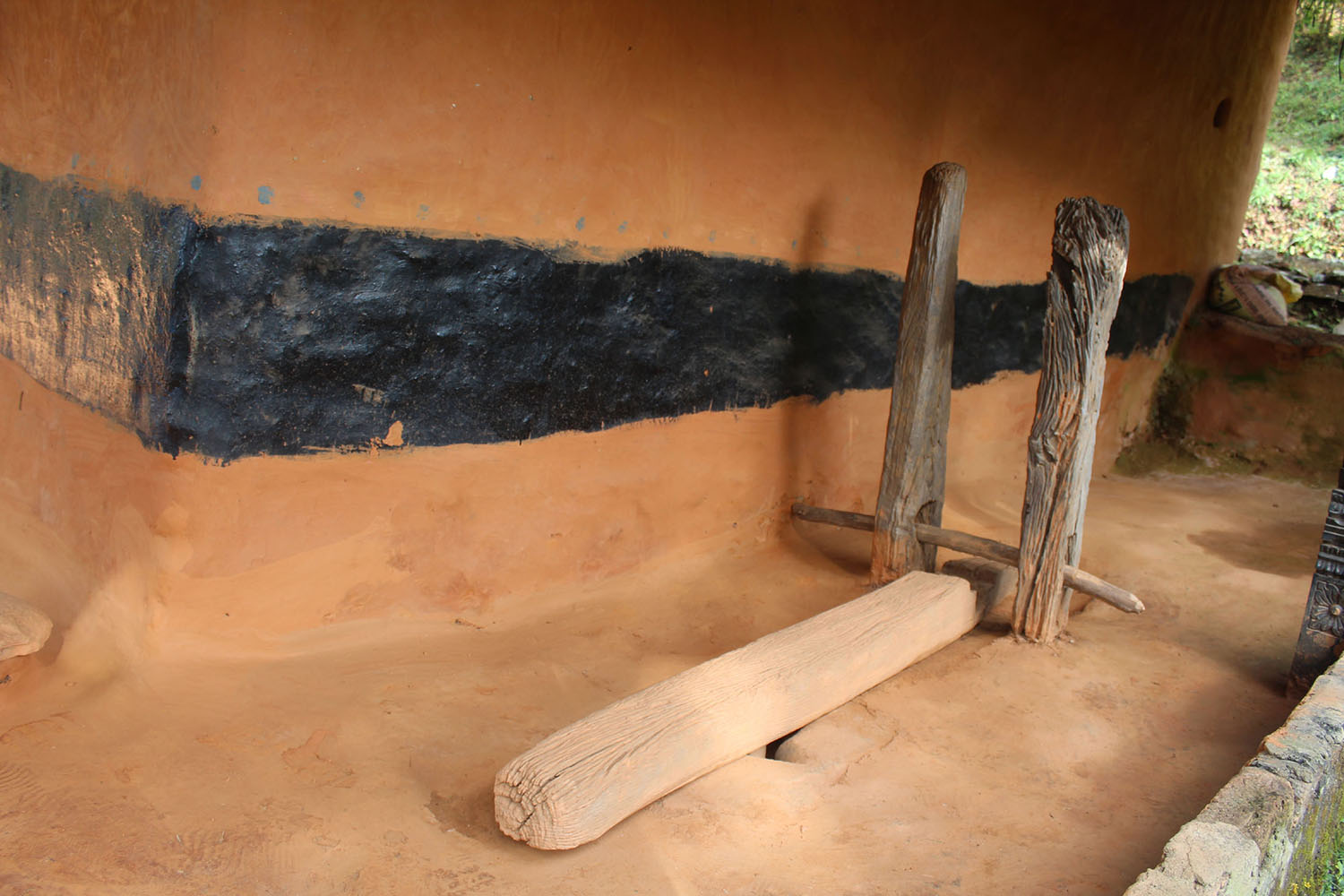
The museum hosts artefacts related to the poet’s life and work. Most of the materials in the museum are the same materials that the poet used over his lifetime. “We established the museum by researching the poet’s residence, the materials he used and the history of his published and unpublished texts,” said Bishwo Prakash Lamichhane, a member of the Lekhnath Birthplace Development Committee, which is tasked with the renovation works.
Lamichhane informed the committee plans to make a documentary tracing the poet’s life, which will be screened at the museum. “Recorded recitals of the poet’s work will reverberate throughout the museum and around the garden,” he said.
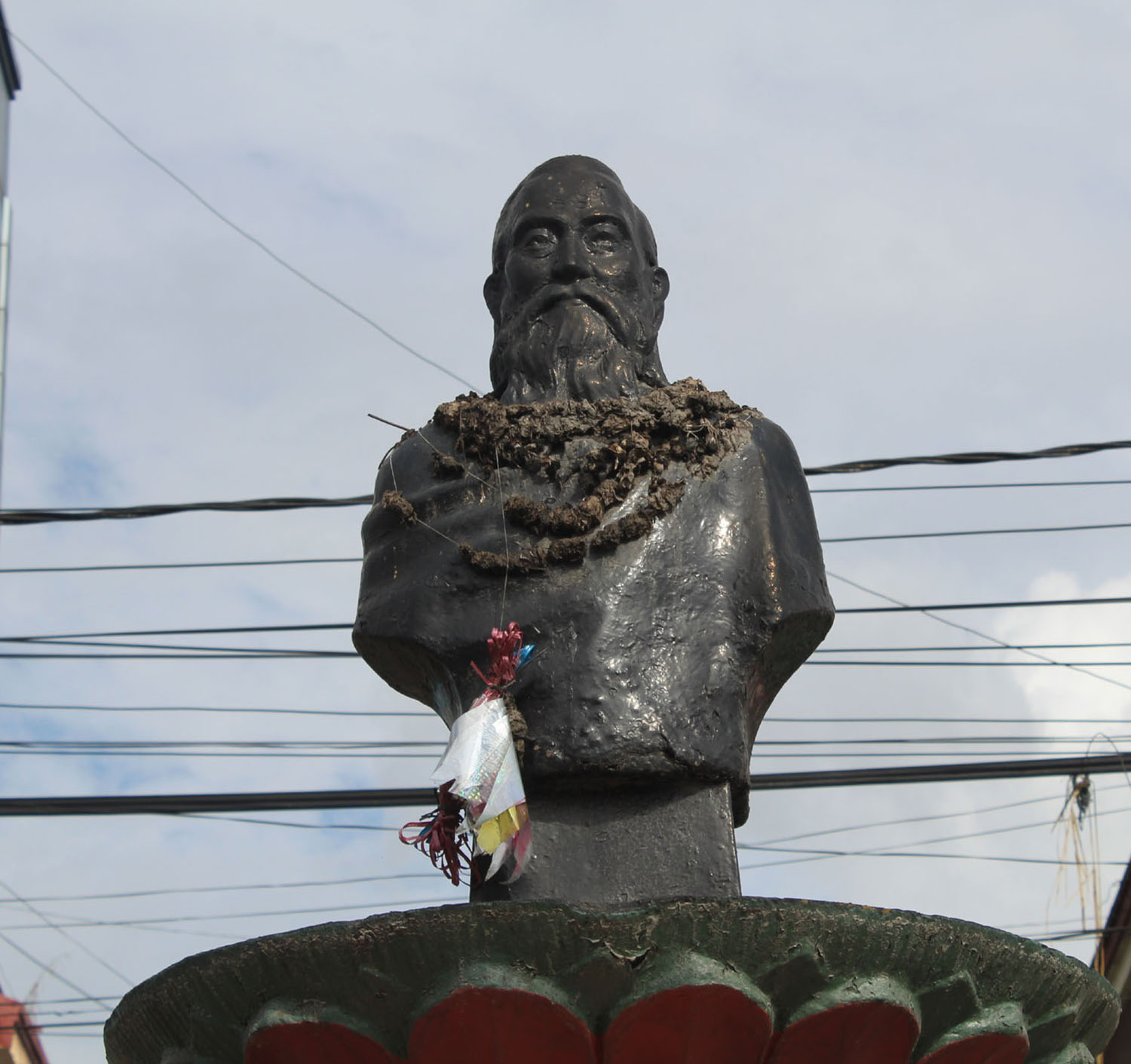
Previously, the committee had planned to develop the poet’s house as a museum. “But since it is frail, we decided on the new building,” said Lamichhane. The old renovated house, where the poet was born, has developed cracks after the devastating quake of 2015. “Now, one can see the old house from outside and the museum has been developed as a research centre,” said Lamichhane. The ground floor of the museum will feature rare photos of the poet, the material he used to write his work and will host documentary screening.
Along with the museum, there’s a conference hall which hosts literary gatherings, while some other constructions, including a guest house, are undergoing on in the premises.

One who visits Archale in Pokhara Metropolitan City Ward No. 27 for the first time will be fascinated by the beauty of the surrounding: in an idyllic rural setting, Archale has transformed into a tourism hotspot that overlooks the mesmerising view of mountains and lakes. Archale has played host to literary functions of late. (On December 16, one of the sessions of Pokhara’s 8th edition of Nepal Literature Festival was conducted here.) Moreover, writers have started to visit Archale to write their works.
“Archale was an obscured destination in the past, but today, it has shed its skin,” said Ram Prasad Timilsina, joint secretary of the committee.
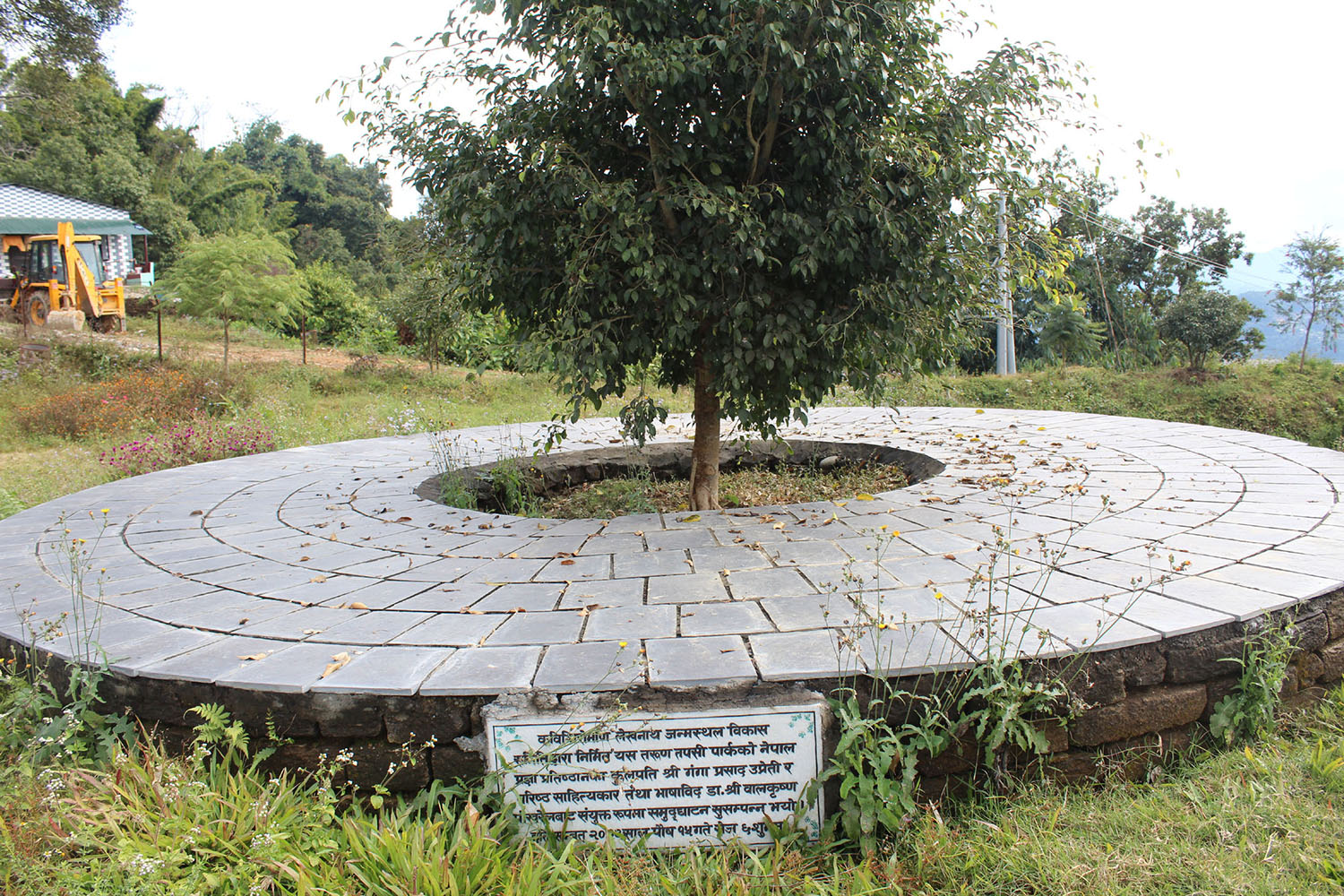
Archale is not just a literary hub, Timilsina said, but also a novelty site for tourists passing through Pokhara with the picturesque site overlooking lakes such as Phewa, Begnas, Dipang, and Khaste, and mountain ranges such as the Annapurna and Dhaulagiri.
There has been a significant development of infrastructure as well. Krishnamani Lamichhane, a local, said they have a hope that the number of visitors will increase in Archale after the construction of the road, a drinking water project and other infrastructures. “The development in Archale has increased economic activities,” he said. “These days, people have returned to Archale and started to purchase land plots.” Archale is 7 km and a 15 minute bus ride north from Arghau Chowk along Prithvi Highway.

Haridevi Koirala, an advisor of the foundation, said that Archale should be developed as a site of “literary pilgrimage”. “It’s humbling to see that Archale is being transformed into a ‘creative village’,” she said.
The renovated space sprawls over 13 ropanis of land. Until now, around Rs20 million has already been invested in the development of Archale and Lamichhane, the committee member, said it needs an Rs 100 million more to complete all of the remaining construction. But with all of the three tiers of the government agreeing to help the committee, Lamichhane said he is buoyed by the prospect. “Long in the shadows, Archale is transforming into a veritable destination for ‘literary tourism’,” he said.

TOP TIPS
HOW TO GET THERE:
You have to travel around 15 to 20 minutes (7km north) from Arghau Chok to reach Archale.
WHERE TO STAY:
There are two resorts in Archale. Your best option would be Archale Village Home.
WHAT TO EAT:
Organic foods (daal, rice) and green vegetables including local chicken and dishes made of fish.
BUDGET:
Rs 1,000 to 1,200 per person per night.
DETOURS:
Visit Thulakot which provides an excellent panoramic view of the Pokhara Valley, mountain ranges capped with snow, and the rolling hills of Syangja, Lamjung, and Tanahun.




 9.83°C Kathmandu
9.83°C Kathmandu.jpg)
